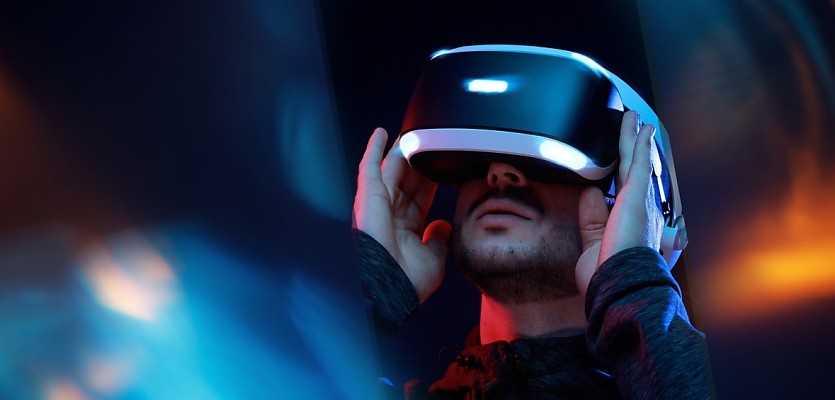Despite the pandemic being firmly in the rear-view mirror and face-to-face business resuming freely, new data suggests that under-utilising virtual practices can limit the reach of businesses.
According to new research out of the University of Auckland — developed through the utilisation of data from one of China’s largest real estate brokerages — properties offering virtual reality (VR) tours attract an additional 72.3 per cent of prospective buyers, as opposed to those which only utilise traditional methods.
Dr William Cheung, one of the business school researchers involved in the project, explained that the research highlighted that “the use of virtual reality in property marketing motivates buyers to physically inspect a property, reduces the property’s time on the market, and improves information transparency”.
He added that these factors “narrow the difference between the asking and transacted prices of a property”.
Encompassing over 4,000 housing transactions across 14 districts in the Chinese city of Wuhan, the research analysed the transaction data of each property, establishing whether virtual reality was incorporated into the property’s marketing. It also tracked social media interactions for each property, such as the number of followers and viewers.
Interestingly, the study found that the use of virtual reality in property listings reduces the time on market by 6.41 per cent. This would reduce the average time on market for an Australian property, currently resting at 35 days, according to CoreLogic’s latest Monthly Chart Pack, by approximately 2.24 days.
In Darwin — the capital with the largest average days on market (47) — implementing these strategies could shave three days off the sales process.
According to the findings, there is a direct correlation between the number of followers a property receives and the number of physical visits it garners. A 1 per cent increase in followers led to a 21 per cent increase in potential buyers visiting the property.
This had led to calls from Mr Cheung and his colleague, Professor Deborah Levy, to conclude that the industry “can benefit from this tech”.
“It’s efficient — you can sit at your computer and have a nosy from the comfort of your home, so there’s fun in that. But it gives you much more of a real-life feel of a property before you have to go and spend time and money in person.”
The pair believe other countries will catch up to China in commonly using virtual reality, making it “the norm” in the near future.
Mr Cheung relayed how the technology comes at very little cost for prospective buyers, noting that affordable virtual reality headsets can be purchased for as little as $30 for use with a smartphone; however, he did acknowledge that real estate companies closer to home would need to make a more substantial virtual reality investment to make the buyer experience possible.
He concluded that “this technology is making it easier for many people to find their dream home”.







You are not authorised to post comments.
Comments will undergo moderation before they get published.